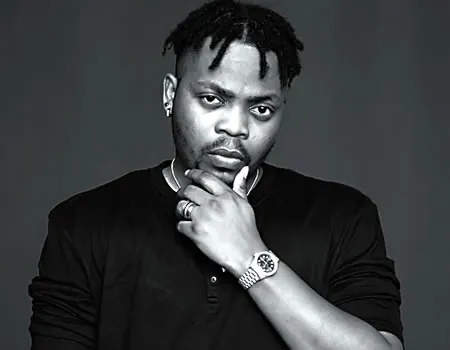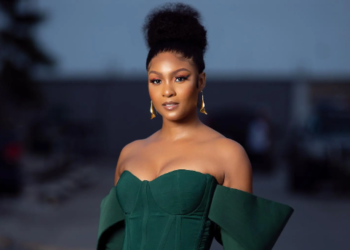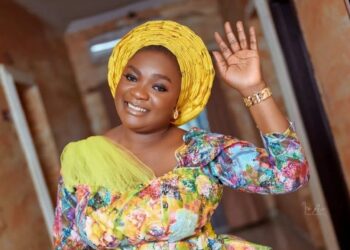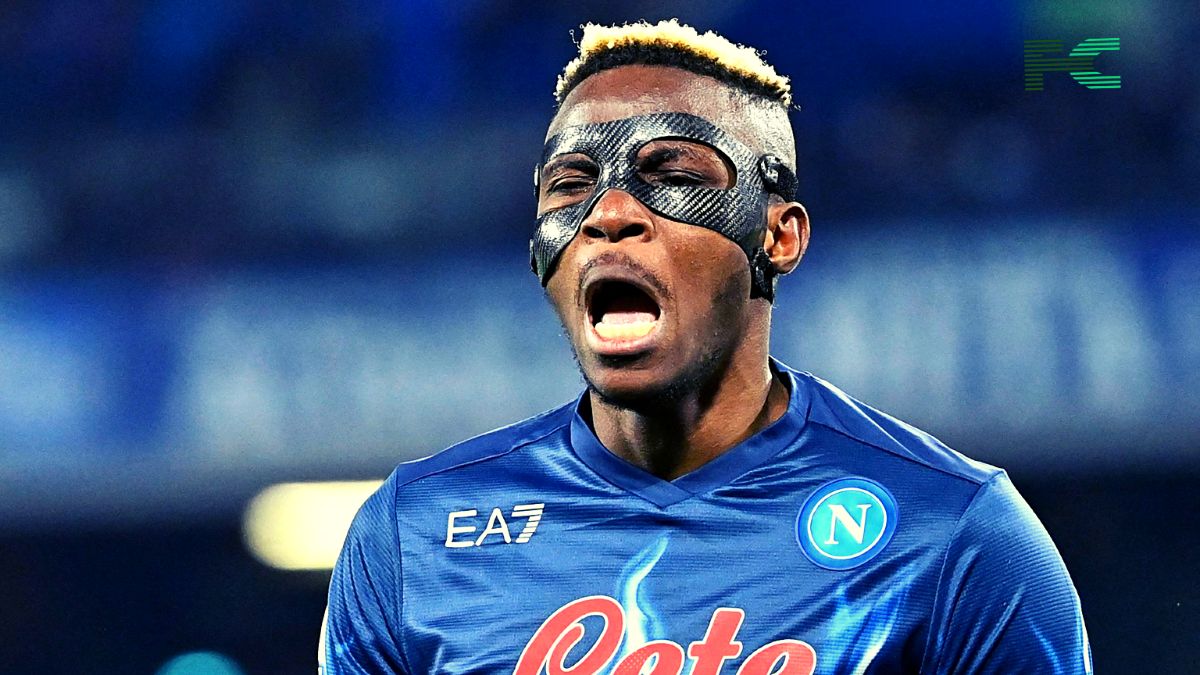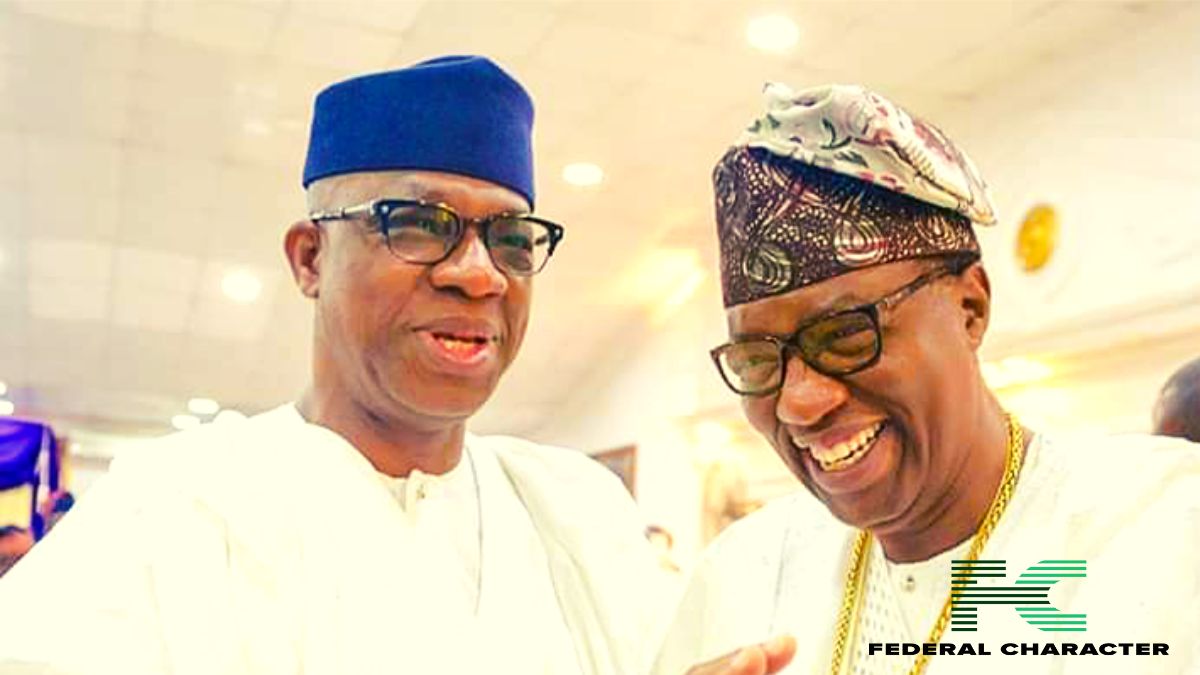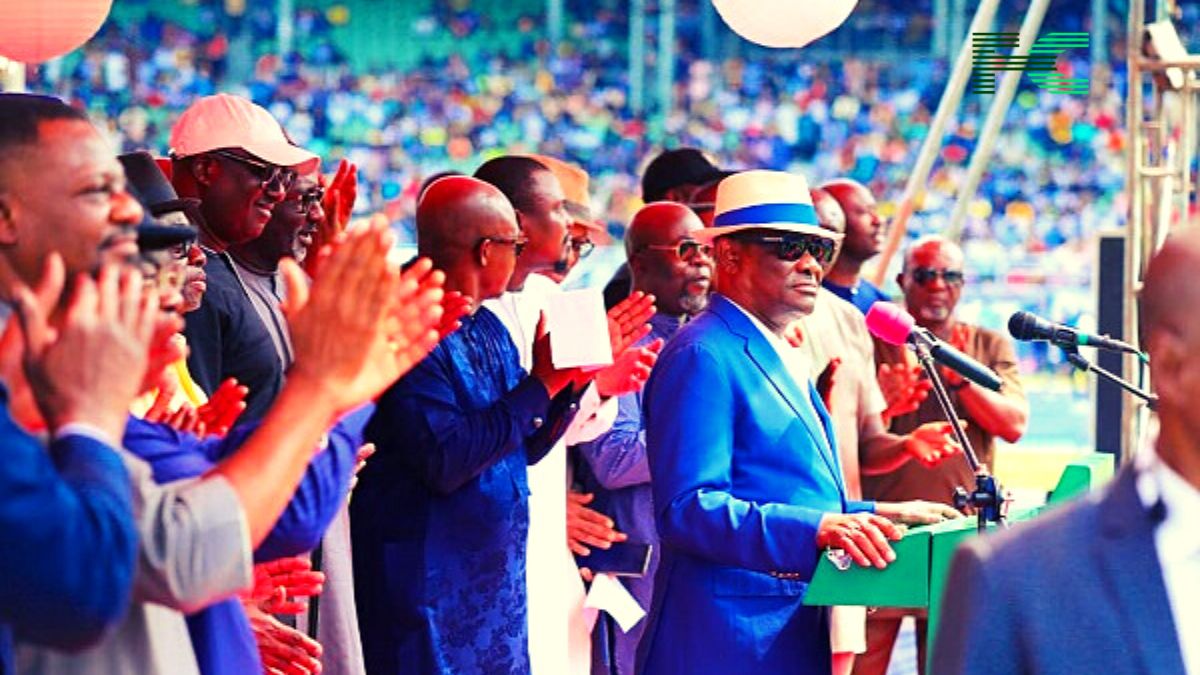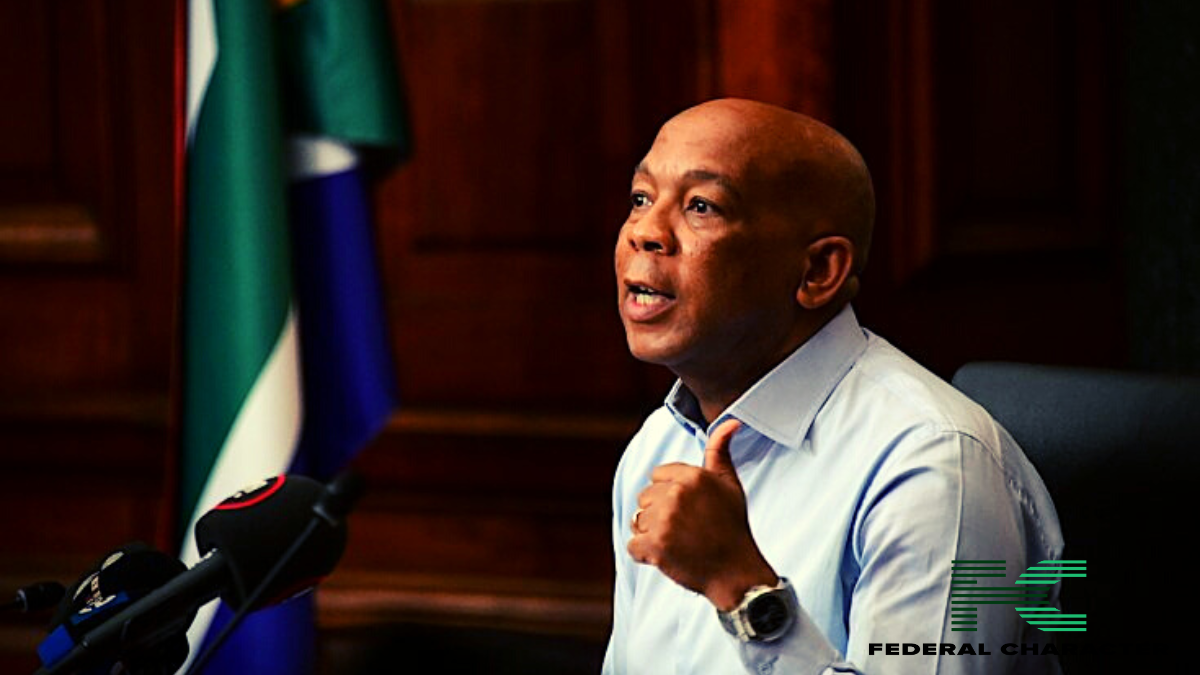Over the past two decades, Nigeria’s hip-hop scene has transformed into a powerful expression of identity, creativity, and social commentary.
At the heart of this transformation is indigenous rap — a vibrant subgenre that celebrates local languages, street slang, and everyday realities. Indigenous Nigerian rappers have become cultural ambassadors, proving that authenticity and local storytelling can thrive in the global music industry.
The Birth of a Local Hip-Hop Movement
The story of indigenous Nigerian rap began in the late 1990s and early 2000s, when a few bold voices started rapping in local dialects instead of English. Artists like Lord of Ajasa, Ruggedman, and 9ice paved the way for a generation that believed hip-hop could sound Nigerian.
Lord of Ajasa, often hailed as the pioneer of Yoruba rap, set the tone with his street-inspired lyrics and unapologetic delivery. He showed that Nigerian rap didn’t need to imitate the West — it could speak directly to the people in their own language. His success inspired others to embrace Yoruba, Igbo, and Pidgin English as powerful tools for musical expression.
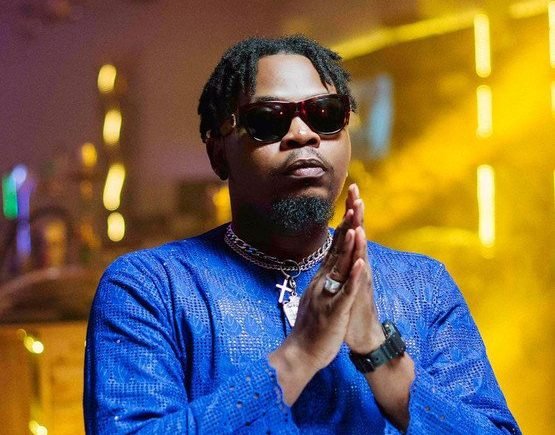
Olamide, Phyno, and the Rise of Indigenous Hip-Hop
The real breakthrough came with Olamide, Phyno, and Reminisce — three rappers who defined the golden era of indigenous hip-hop.
Olamide, also known as “Baddo,” revolutionized the game with his 2011 hit “Eni Duro,” which brought Yoruba rap into the mainstream. From his humble beginnings in Bariga to becoming a household name, Olamide’s journey represents the dreams of millions of street hustlers. Through his record label YBNL Nation, he mentored younger rappers like Lil Kesh and Chinko Ekun, solidifying Yoruba rap’s dominance in Nigerian pop culture.
Meanwhile, in the East, Phyno emerged as the voice of Igbo rap. With tracks like “Ghost Mode” and “Fada Fada,” he proved that language could unite rather than divide. His collaborations with Olamide bridged Nigeria’s linguistic gap and created a nationwide love for indigenous rap. Phyno’s success also encouraged other Eastern rappers to embrace their dialects with pride.
Reminisce, on the other hand, infused Yoruba rap with raw street energy. His deep baritone and unfiltered lyrics in albums like Baba Hafusa and El-Hadj spoke directly to everyday Nigerians, earning him respect as one of the most authentic voices in hip-hop.
The New Generation of Indigenous Rappers
A new wave of indigenous rappers has since emerged, blending traditional hip-hop with Afrobeats, trap, and amapiano influences. Artists like CDQ, Zlatan, PsychoYP, and Dandizzy are redefining what it means to be an indigenous rapper in today’s industry.
Zlatan stands out for combining Yoruba rap with infectious dance music, birthing his unique “Zanku” sound — a fusion of rhythm, street slang, and swagger. Similarly, Dandizzy, rapping mostly in Pidgin English, represents the South-South’s Port Harcourt culture with sharp wit and street-conscious lyrics. These rappers maintain their linguistic roots while pushing boundaries and reaching new audiences.
A Voice for the People
What makes indigenous Nigerian rappers truly special is their authenticity. Their music tells stories of struggle, resilience, and ambition — reflecting the realities of life in Nigeria’s streets. They rap not just to entertain, but to document the experiences of ordinary people. Through their lyrics, they have built a sense of identity and belonging for millions who see their lives mirrored in the music.
Even as Afrobeats dominates global charts, indigenous rap remains a powerful force in preserving Nigeria’s linguistic and cultural diversity. Each rapper, in their own way, keeps the local spirit alive while adapting to modern sounds.
Keeping the Culture Alive
Indigenous Nigerian rap is more than a musical movement — it is a celebration of roots, language, and creativity. From Lord of Ajasa’s pioneering days to Olamide’s street empire and the bold energy of today’s new generation, the genre continues to evolve without losing its soul.
These rappers remind the world that hip-hop is not just about rhymes and beats; it’s about identity, truth, and storytelling. In every verse and hook, indigenous rappers echo the heartbeat of Nigeria — raw, resilient, and proudly original.

